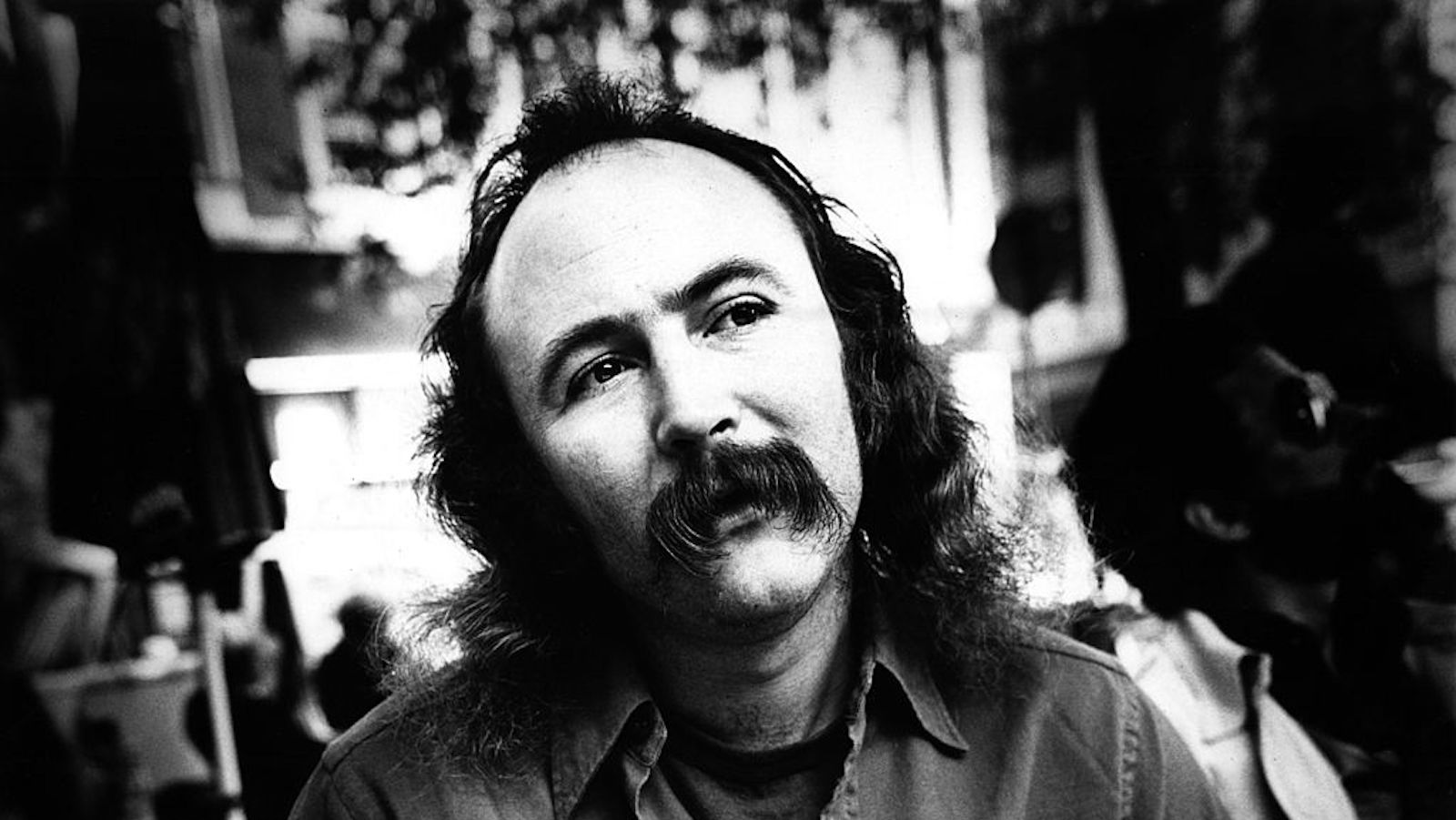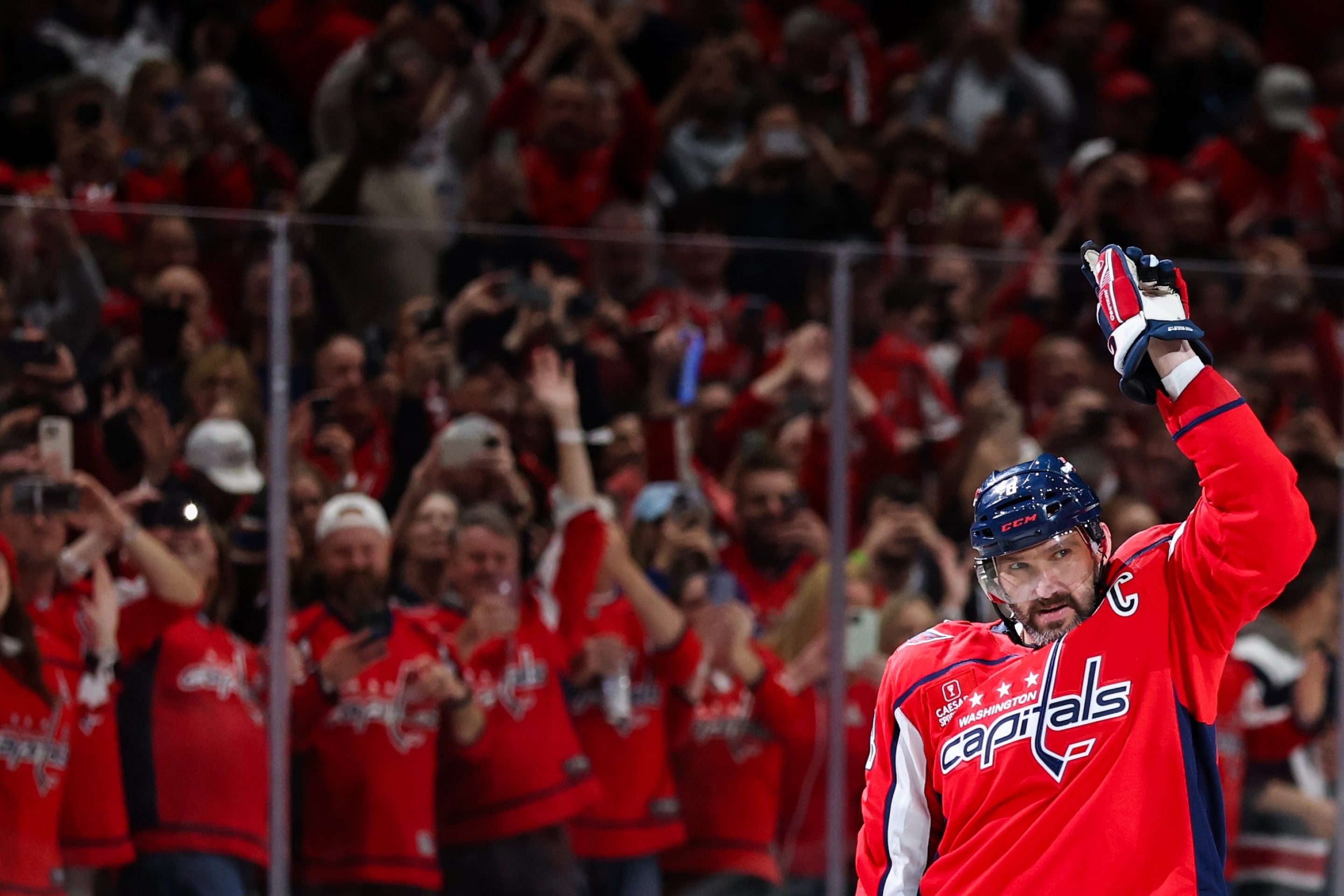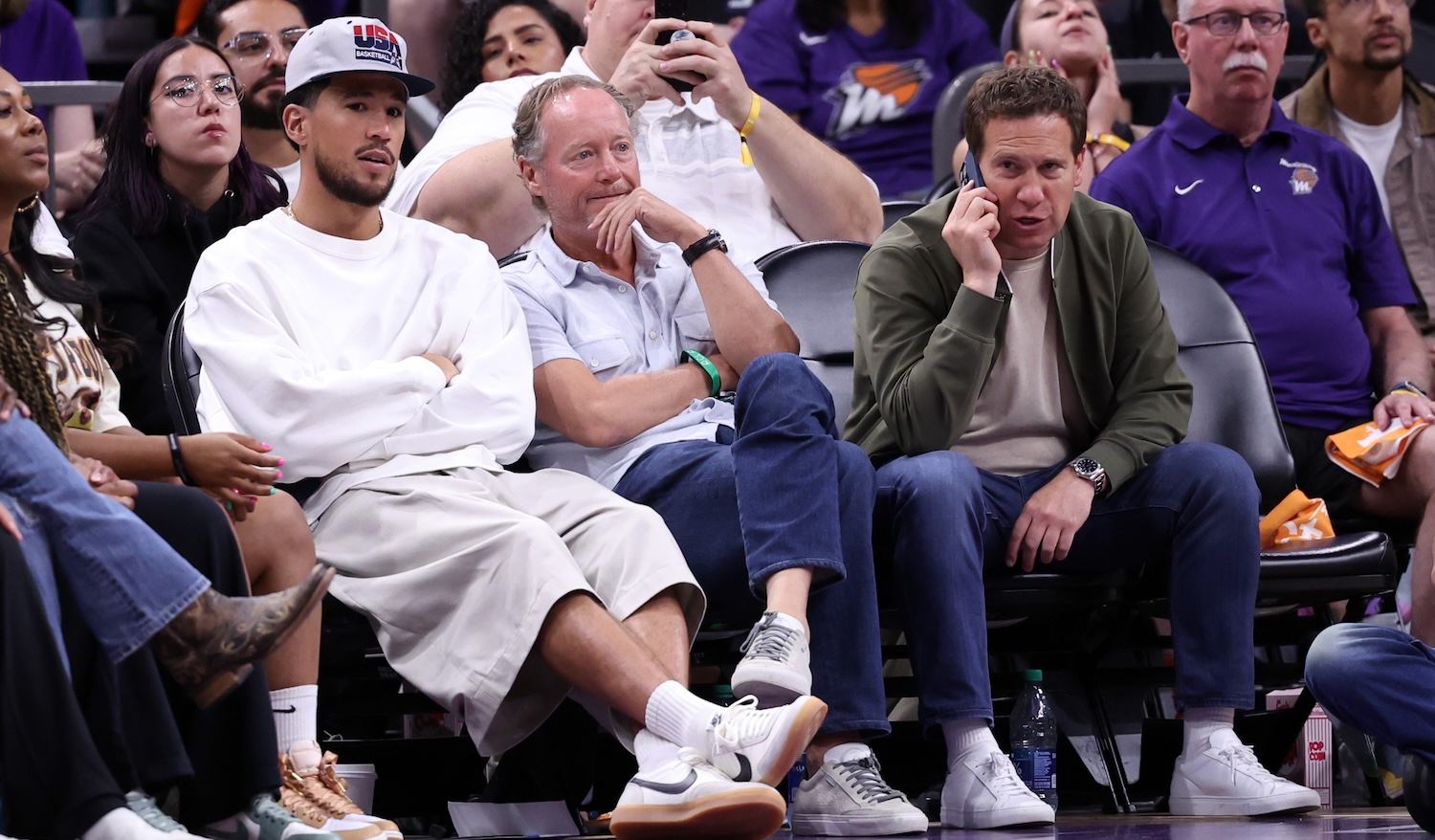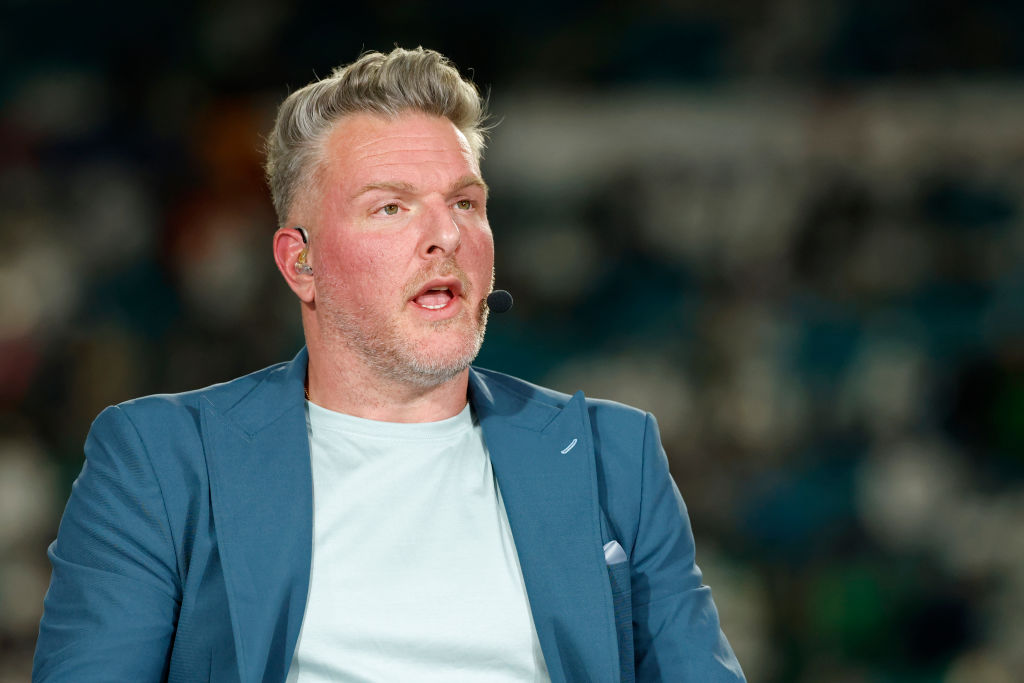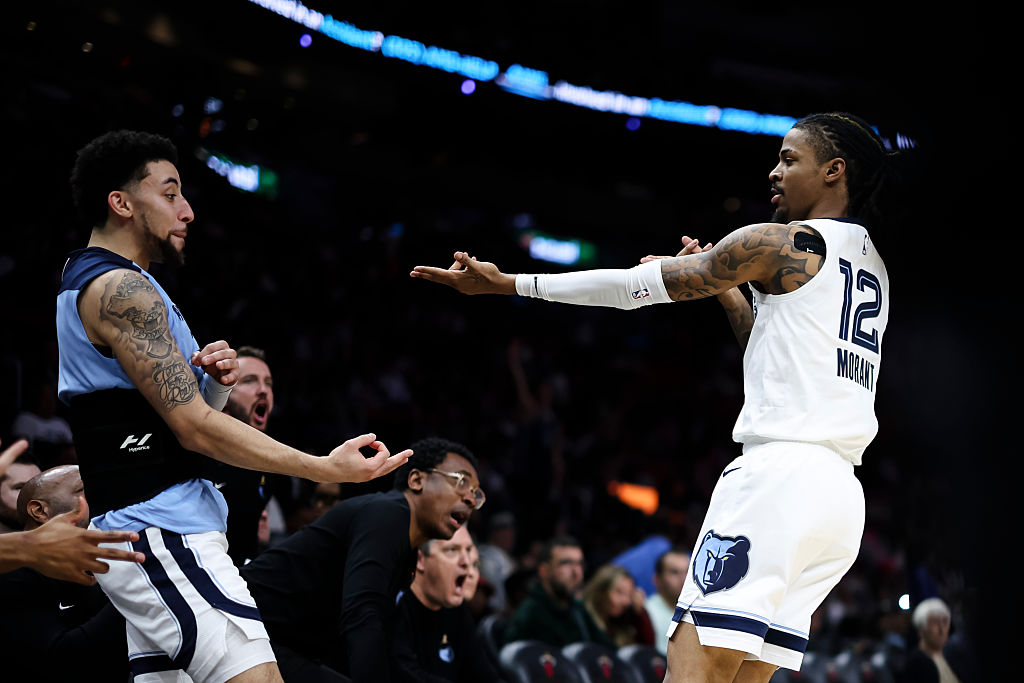David Crosby was there, man!
Crosby, who died Wednesday of undisclosed causes at 81 years old, was there for “Mr. Tambourine Man,” the Byrds’ hyper-jangly 1965 smash single that showed pop songs needn’t stick to holding hands and puppy love to sell, and thereby changed the world. The guy played the Monterey Pop Festival, the ‘67 mega concert where Jimi Hendrix and Janis Joplin were immortalized and the rock festival concept was spawned. He was with Crosby, Stills, Nash and Young at both Woodstock, the decade-defining festival of peace and love in August 1969, and Altamont, a gathering of murder and hate in December 1969 captured on Gimme Shelter. And he was the dude screaming “Why?” during the fade out of 1970’s “Ohio,” the greatest protest song in rock history.
What a life!
So it’s kind of a shame that the darker and/or annoying sides of Crosby ended up getting more attention than his creative contributions (the guy had a hand in writing “Turn, Turn, Turn,” for crissakes!) or his role as one of rock’s greatest hippies (few people in the history of civilization look cooler than a young Crosby in a suede jacket). But Crosby’s non-musical actions were often outrageous enough that they couldn’t be ignored. Former Byrds bandmate Roger McGuinn has said Crosby’s seemingly drugged-out monologue at Monterey about the JFK killing–"He was not killed by one man! He was shot from a number of different directions by different guns! The story has been suppressed, witnesses have been killed, and this is your country!"—sullied what should have been a celebratory gig for the folk-rock pioneers and instigated members to boot the bantering blowhard out of the band. That experience didn’t make him a better bandmate in his next big gig, with CSNY: He died without ever making amends with Stephen Stills, Graham Nash, or Neil Young. Crosby spent much of the 1980s getting in and out of trouble and jail for possessing illegal drugs and guns—it was like the guy never left home without either. All the rock-star-appropriate toxins he’d consumed or shot into his veins meant that just to keep going he had to replace worn out organs the way the owner of an old Dodge would engine parts. (Crosby’s controversial 1994 liver transplant was paid for by Phil Collins.) But, whatever it took, he kept going.
I saw Crosby on his last tour, performing solo in 2019 at the Birchmere, a fab music hall outside D.C. Lots of things awed me about that night. Firstly, that Crosby, at 77, not only was alive but looked damn healthy even after being a poster boy for the evils of drug abuse for all those decades. And, by god, he sounded incredible: Over two long, retrospective sets, chock-full of bygone classics from his back pages (among them: “Wooden Ships,” “Long Time Gone,” and, the ultimate hippie anthem, “Almost Cut My Hair”) Crosby reminded everybody in the hall that, tabloid tales be damned, he remains a musical treasure. But what shocked and pleased me most was how much Crosby still loved rock and roll. He banged his head along with the crowd whenever things got heavy, and during long jams stared wide-eyed at far-younger members of his ad hoc backing combo as they took their solos. Being in a band was harder to give up than any of his favorite drugs.
He closed the show with a full-volume take of “Ohio,” a tune recorded by CSNY in May 1970, when the bodies of four Kent State students shot dead by his government were barely buried. He screamed “Why?” as forcefully as he had half a century earlier, as if he still had no answer. I cried.
RIP, Mr. Crosby.
